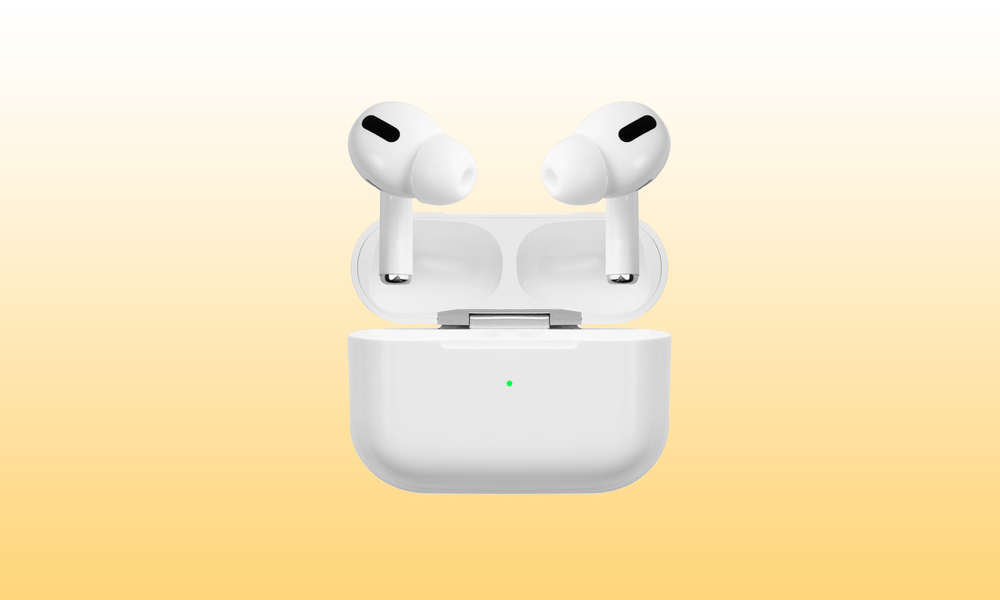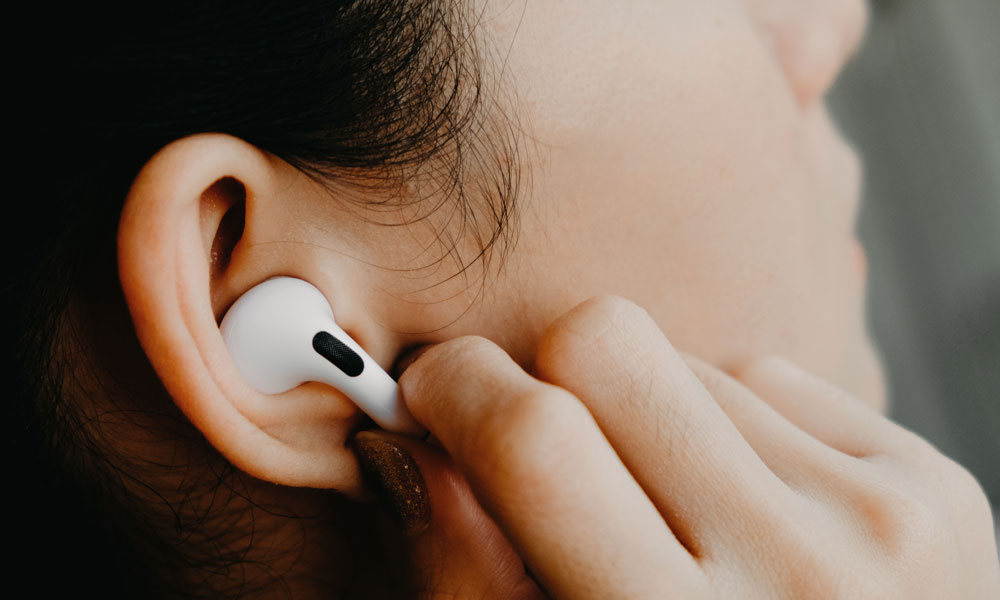Hearing Help | Apple Still Has Major Health Plans for AirPods on the Horizon
 Credit: Ivan_Shenets / Shutterstock
Credit: Ivan_Shenets / Shutterstock
Toggle Dark Mode
One of the biggest challenges that the Apple rumour mill often faces is figuring out exactly when Apple’s plans will come to fruition. After all, many ideas spend years in the research and development phases before they get anywhere near a product, and this has clearly been the case with Apple’s more ambitious plans for its AirPods.
While it’s probably no surprise that rumoured projects like the Apple Car and Mixed-Reality AR/VR Headset have long roads to travel, it seems that expectations run much higher when it comes to improvements to Apple products that are already on the market.
We saw this earlier this year with the Apple Watch, which was supposed to get a big redesign that never came. In hindsight, it now seems more obvious that leakers were probably seeing Apple’s longer-term plans and got so excited about the significant changes that they completely missed the somewhat less inspired Series 7 that actually came.
Apple’s AirPods have walked a similar path through the forest of rumours and leaks. It’s clear that Apple is working on much bigger and better things, but they also seem to repeatedly fail to show up in an actual product.
In fact, the lights had barely gone down on Apple’s unveiling of the original AirPods before we started seeing reports of exercise monitoring coming to the second-generation earbuds. Although those early reports were based largely on patent applications and therefore fairly speculative, they gained much more steam by 2018, when reliable sources revealed Apple was working on everything from Active Noise Cancellation and “Hey Siri” to heart rate monitoring.
Of course, some of these reports were true, even if the predicting timing was still off the mark. For instance, while the predicted 2018 AirPods never arrived, the early 2019 second-generation AirPods did add Hey Siri, and by late 2019 the AirPods Pro had debuted with Active Noise Cancellation.
However, this also shows how the rumour mill can so easily get things mixed up. None of these early reports predicted two new versions of Apple’s AirPods — everybody just assumed that the next version of the earbuds would have it all. Hence, when the “AirPods 2” arrived in March 2019, it kept everyone guessing as to what was coming next until it quietly launched the AirPods Pro in late October with those rumoured Noise Cancellation features.
Amid all this confusion — something that we suspect was at least partially orchestrated by Apple on purpose — we also kept hearing rumours of more AirPods on the horizon, at least some of which would include advanced health sensors for heart rate and even blood oxygen.
Yet, even though Apple’s third-generation AirPods could be only days away, every reliable report we’ve heard suggests that they’re going to be another iterative upgrade, with a new design and a few other minor changes, but certainly nothing groundbreaking.
Apple’s Health Ambitions for AirPods
None of this means that Apple has abandoned its plans to eventually add health features to the AirPods, but the reality is that these things take time.
We’ve already seen this with the Apple Watch, which is arguably Apple’s flagship health device. Rumours abound that the company is working on everything from blood pressure sensors to non-invasive blood glucose monitoring, but some of these features may still be years away,
After all, these aren’t merely fun features to have — Apple has to make sure they work accurately and reliably. Otherwise, they’re useless at best and could even cause more problems than they solve.
According to The Wall Street Journal, however, Apple’s Health team is still very much exploring how AirPods can be used as health devices, with research looking into everything from new hearing-related features to measuring core body temperature and even monitoring a user’s posture.
Notably, the WSJ doesn’t have anything to say about heart rate or blood oxygen sensors, which suggests that Apple may have given up on those plans or at least shelved them for the time being. However, that doesn’t mean there aren’t other ways in which the AirPods could be useful, and it looks like Apple may be exploring ways to augment what the Apple Watch can do in more practical ways.
For instance, Apple’s wearable already monitors heart rate quite accurately, and while the blood oxygen sensor introduced on the Series 6 last year isn’t quite up to medical standards, it’s surely able to do a better job at this than an earbud would.
Instead, Apple is clearly embracing the uniqueness of the AirPods. For example, we’ve already seen reports of studies showing how beamforming microphones can be used to measure respiratory rates, and new Headphone Accommodations help users adjust for hearing impairments, right down to letting you upload a professional audiogram from your health care provider to make adjustments automatically.
Now, the WSJ is suggesting that Apple plans to take some of these features to the next level, with new hearing-related features like Conversation Boost poised to help Apple market the AirPods as a new class of cheaper hearing aids that will soon be allowed under upcoming FDA regulations.
How Will It Help?
This could help to improve the lives of millions of people who suffer from mild to moderate hearing loss that they don’t consider it serious enough to consult an audiologist for a medical-grade hearing aid prescription.
That’s not all, however, as the report also notes that Apple already has a prototype model in the works that will be able to take a wearers’ core body temperature from inside the ear. This could potentially offer more accurate readings, as well as augmenting the body temperature sensor that’s expected to land on next year’s Apple Watch Series 8.
Apple is also working on ways that the motion sensors in the earbuds could be used to alert users to slouching and other problems with their posture, which could in turn help to address issues with chronic back and muscle pain.
Most of these features are still in the very early prototyping stages, at best, so it’s unclear when — or even if — we’ll actually see them come to an actual set of AirPods. It’s not even clear if the advanced health sensors we’ve previously heard about are still under consideration, so it’s equally possible some of these other ideas may not ever see the light of day.
Nonetheless, it shows that Apple hasn’t stopped thinking about ways that its AirPods can be more than just another set of wireless earbuds, and we’re confident there are some exciting things coming down the road.
[The information provided in this article has NOT been confirmed by Apple and may be speculation. Provided details may not be factual. Take all rumors, tech or otherwise, with a grain of salt.]







